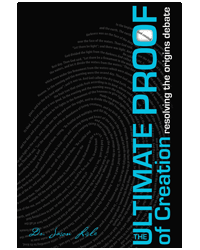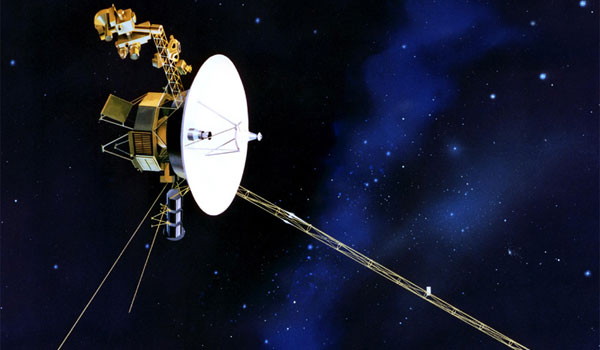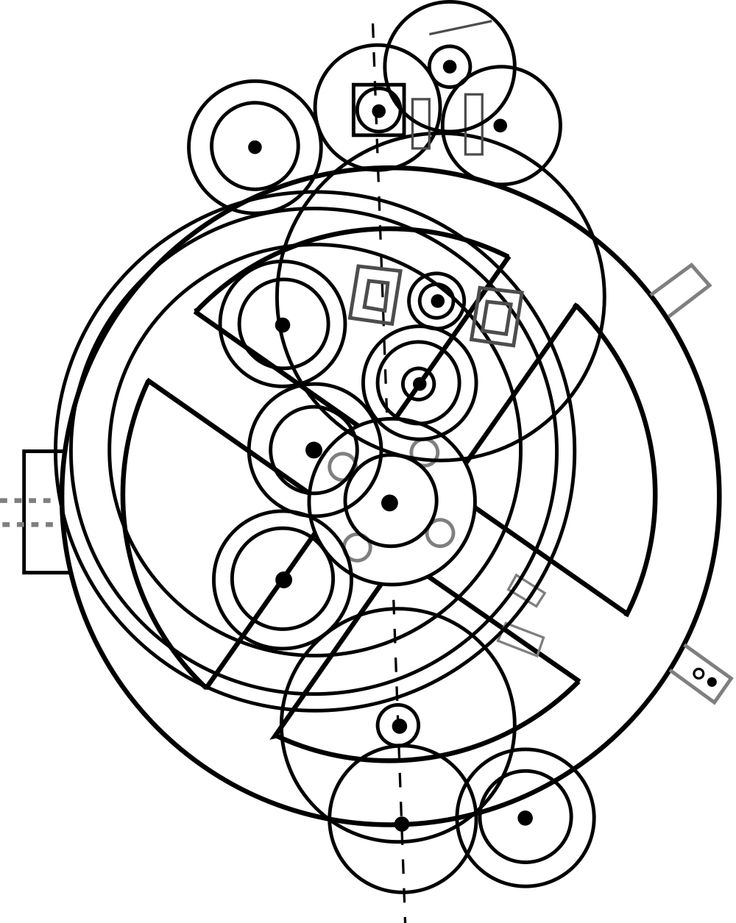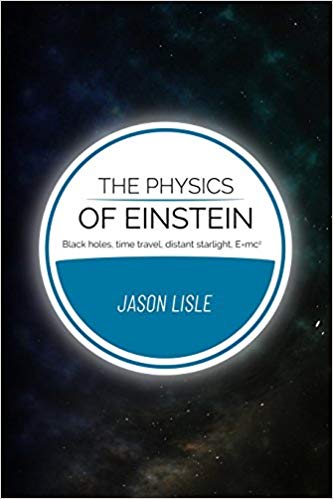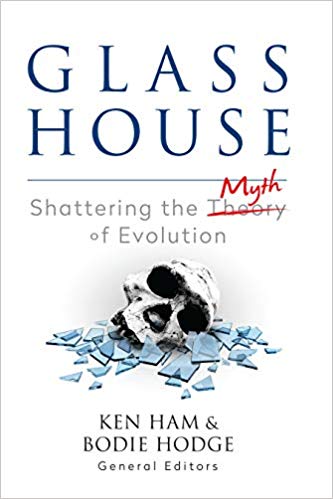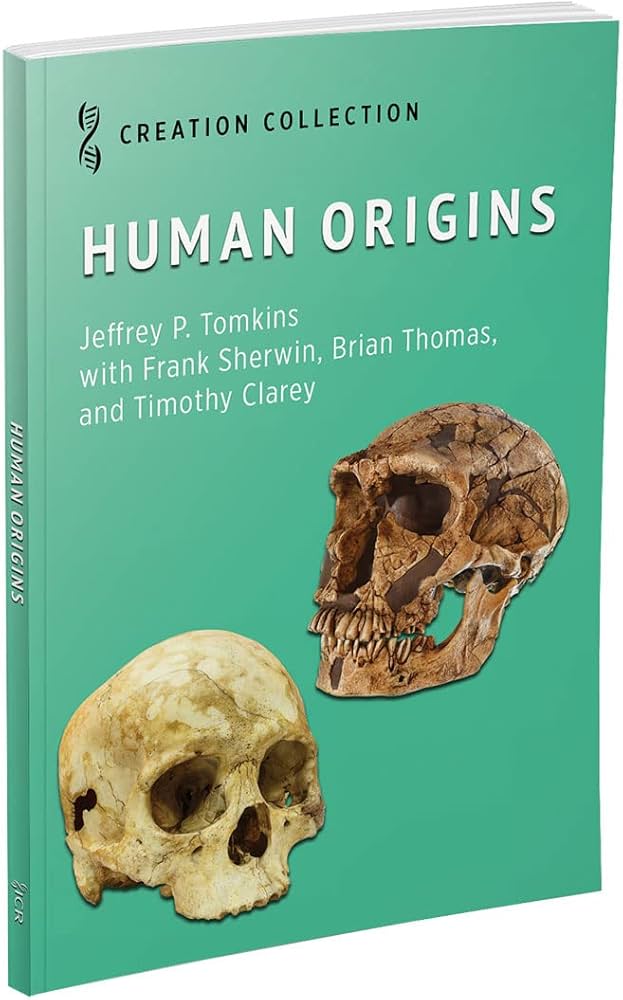Articles » Astronomy
It is normal to want to be unique isn’t it? Some people however don’t want to be special. Many astronomers do not like the idea that we live at a special time in the history of the universe or in an especially nice region of space. The reason many scientists do not like any suggestion of special conditions is because such conditions lead to questions about why we live at a special time or in a special place. Special conditions suggest that events are not determined by chance, but by something else such as the supernatural power of God. Many astronomers are most anxious to avoid such suggestions. Read the rest of this entry »
It is unusual in science to find most experts anxious to destroy the reigning paradigm. This however is the situation in physics where just about everyone is anxious to “break” the “frustratingly successful standard model” (Nature September 11/08 p. 156). This model “describes every known form of matter, from individual atoms to the farthest galaxies” (p. 156) and also three of the four fundamental forces in nature. The data to develop the Standard Model were collected from fancy particle smashing experiments. One might imagine that these scientists would be pleased with such a successful model, but they are not. The mathematics behind the model does not suit their philosophical assumptions. Read the rest of this entry »
Jason Lisle, Ph.D., graduated in astronomy from the University of Colorado. After years of experience in teaching and conducting research in solar astrophysics, he wrote Taking Back Astronomy: the Heavens Declare Creation (2006) which was aimed at junior high to adult readers. Now he has written The Ultimate Proof of Creation: resolving the origins debate (2009). Read the rest of this entry »
CSAA’s featured speaker for Creation Weekend 2011 was well known creation apologist Dr. Jerry Bergman. Large numbers of people came to hear one or more of his lectures and all declared themselves delighted with his genial, non-confrontational manner and his interesting material. In that Dr. Bergman’s area of expertise is biology, chemistry and medical anatomy, the issues he discussed were quite different from the geological topics which we have considered in recent years. This material demonstrated anew that the issue of creation is broad and encompasses all aspects of nature. Read the rest of this entry »
October 26 and 27, 2012
David Coppedge is one man standing up against NASA, the American governments’ space exploration agency. Now that takes courage! Why would anyone undertake such a difficult task? Basically it is a fight for freedom of religion and for freedom to discuss intelligent design during social settings in the workplace. Read the rest of this entry »
Not surprisingly, with an upbeat and exciting speaker, the audiences at our Creation Weekend sessions in October 2012 were large and enthusiastic. The final session ended with a standing ovation, which is most unusual for a lecture. So it was that David Coppedge of Santa Clarita, provided amazing illustrations, interesting information and profound insights. Read the rest of this entry »
Astronomer Halton Arp (1924-2013) represents an excellent example of how mainstream scientists protect their favoured explanations against anyone, no matter how qualified or prestigious, who dares to question the majority position. We see how actual observations made by Arp and colleagues, were/are not allowed to call the Big Bang origins theory into question. Read the rest of this entry »
Launched in 1977, the two Voyager probes have seen some strange and unexpected sights as they cruised through our solar system. After passing the planets, the probes have continued outward towards the farthest reaches of the solar system. In the summer of 2012, Voyager I was now 18.2 billion km away from us, more than three times the distance between the sun and Pluto. The solar system however by definition consists not only of the planets, but of the volume in space to which the sun’s particles extend, or in other words the volume in space which is impacted by the sun. The question everybody was asking, was how long would it take Voyager I to leave the solar system and enter interstellar space? And what would Voyager find when it got to interstellar space? Read the rest of this entry »
German astronomer and mathematician Johann Kepler (1571 –1630) was a central figure in the 17th century scientific revolution. He was not only the founder of the physical astronomy discipline, “the first astrophysist,” and an outstanding scientist, he was also a committed Christian (Morris, 1998, p. 33; Gingerich, 1993, p. 305). Kepler is best known for discovering the three laws of planetary motion that provided a foundation for Isaac Newton’s theory of universal gravitation (Dao, 2008, p. 8). The problem that motivated the discovery of his three laws was observational astronomy did not support the circular orbit belief, and Kepler was able to determine why. Read the rest of this entry »
Ever since the efforts of mankind at the tower of Babel, when the people sought to construct their own society based on their own agenda, the search for the perfect man-devised society has continued through the centuries. Indeed, since the advent of Enlightenment thinking in Europe in the eighteenth century, secular mankind has placed a particularly high value on his ability, based on reason alone, to find solutions to social problems. Recently we saw an example of this attitude in the pronouncements of Neil deGrasse Tyson, director of the Hayden Planetarium in New York City. This man is the philosophical successor of Carl Sagan who declared: “The universe is all there is, or was, or ever will be” (in his famous Cosmos series on the history of the universe). More recently Dr. Tyson has hosted a remake of Sagan’s Cosmos series for public television. Read the rest of this entry »
Most people are at least somewhat interested in artifacts left behind by ancient civilizations. That is why tourists flock to the Mayan ruins in Mexico, or to Greece or Rome, or to Stonehenge in the south of England. Dr. Donald Chittick, a physical chemist, turned his attention to some traces of ancient civilizations and what these artifacts tell us about the people who produced them. His book The Puzzle of Ancient Man (third edition 2006) includes many interesting cases including a mechanism from ancient Greece that was in fact an analog computer. This is defined as “a device for calculating quantitative data by means of moving parts –“ (Jones 2017 p. 25). In keeping with Biblical revelation, it perfectly makes sense that the ancient peoples were very clever and inventive. But just how sophisticated was this early computer? Research conducted for more than a century, since this device was discovered in an ancient shipwreck in 1900, demonstrates that the Antikythera Mechanism was astonishingly sophisticated. (See www.create.ab.ca/ancient-computer-astounds-everybody/#more-460 ) Read the rest of this entry »
Dr. John Byl’s keynote lecture at Creation Weekend on the evening of Saturday, October 21, 2017 was entitled “Has Science Killed God? Christianity vs. Naturalism.” Many people in our modern society, Dr. Byl declared, believe that science can explain everything, so that God is not needed. These people accept that physical laws leave no room for God. Well then, said Dr. Byl, let us evaluate this position. He began by informing us that we must distinguish between the actual facts – the observed data – and scientific theories that are constructed to explain facts. Read the rest of this entry »
We have seen it so many times. Eager children dance around their mother as they proceed to pick out books from the public library. The books all look so appealing! Little Johnny is a space fanatic since he has just acquired a new telescope. Ah, here we go, nice books on space! But mother shakes her head. Maybe we can find a book somewhere else that provides better information on space, information that conforms to the biblical record. Well, look no further! Institute for Creation Research has produced a very nice introduction to space for children of kindergarten age to grade 5. Read the rest of this entry »
Some people actually like numbers and mathematics, and some people don’t. Everybody knows that! Some people however sound positively lyrical on the subject of numbers. Dr. David Berlinsky, for example, in his book infinite ascent: a short history of mathematics (2005) describes the inexhaustible variety of natural numbers and their personalities. (Modern Library Paperback edition p. 5). He lists various demanding disciplines that mathematicians have developed. Beyond the practical and theoretical challenges that mathematics provides however are the insights into nature. As Dr. Kurt Wise pointed out in Faith, Form and Time (2002) “The universe seems to operate with mathematical precision, and natural laws have a mathematical form.” (p. 91) Astronomer Dr. Timothy Ferris elaborates on mathematics in his 1997 book The Whole Shebang: “[M]athematics [is] a codified form of logic that embodies the faith of science that nature works in a rational way.” He adds “Like all scientific theories, relativity is expressed in terms of mathematical equations-” Read the rest of this entry »
One of the pleasures of staffing a book table are the conversations that happen with people looking at the resources. On many occasions, individuals have requested an introduction to creation. Before responding, I have often inquired what the person’s interests are. If the person is interested in physics and mathematics, or in apologetics, there might be little point in showing them a work on fossils, for example. In the 1970s and 1980s, there were general introductory books like Scientific Creationism and What is Creation Science? But that was then, and this is now. There are many areas of science that were not even contemplated then, but which we have to deal with today. The good news now is that some general introductory works have appeared which can be very helpful to many people seeking insights into the issues. Read the rest of this entry »




